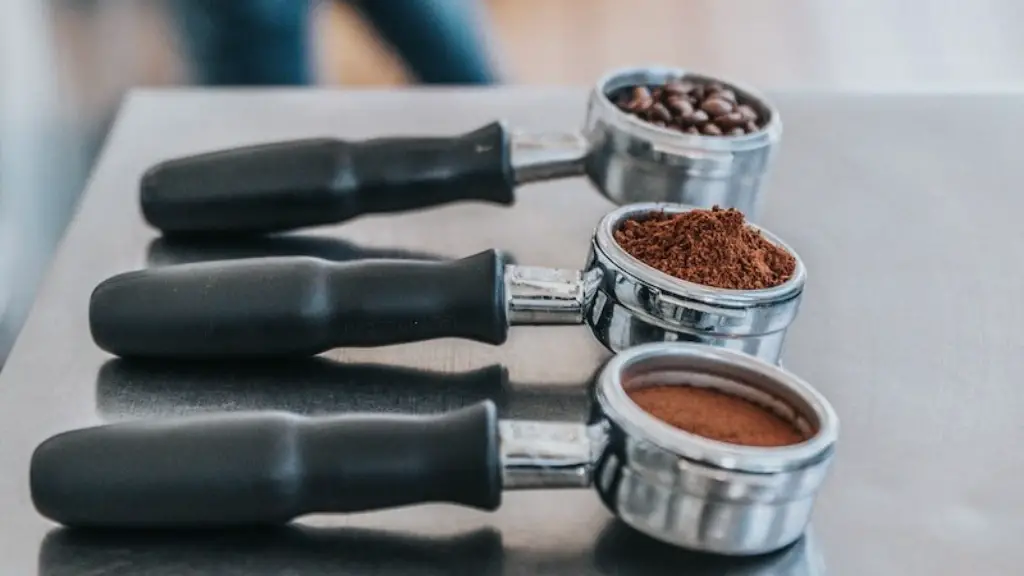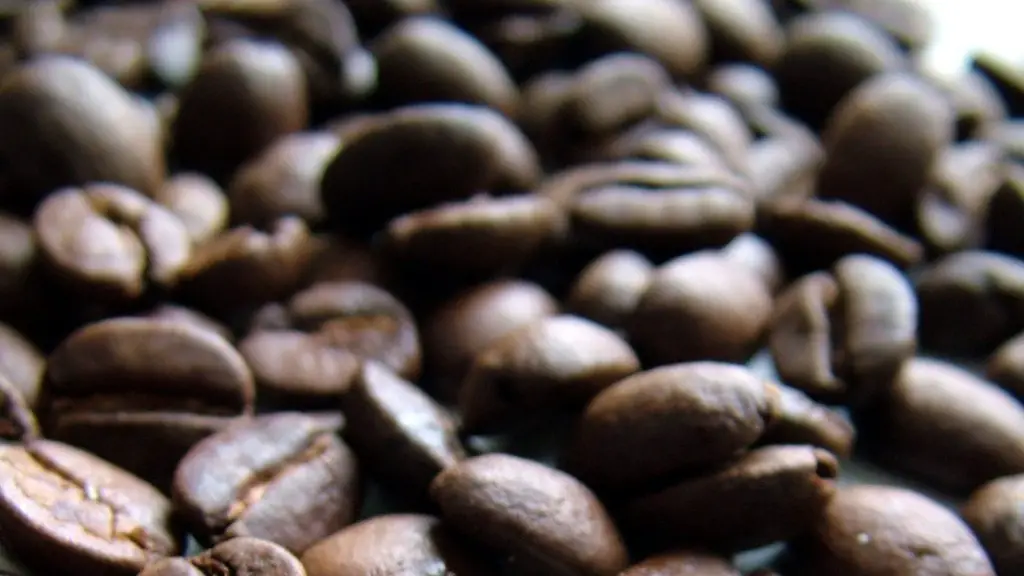Many mothers ask themselves: Can I drink coffee while breastfeeding? Generally, moderate coffee consumption while breastfeeding should not pose any risk to your baby. Caffeine is a natural stimulant found in coffee, tea, and other foods and drinks, and it can be consumed in moderation while breastfeeding.
To understand how caffeine may affect breastfed babies, it’s important to look at research studies. A review of studies in 2000 found that moderate amounts of caffeine do not seem to have any adverse effects on breastfed babies. But heavy caffeine intake (over 500 milligrams a day) may cause irritability and over-stimulation in some infants.
In addition, research suggests that caffeine can penetrate into breast milk. So if you’re breastfeeding, it’s worth reconsidering your caffeine intake. Having more than 500 milligrams of caffeine each day can reduce the amount of breast milk your baby receives. This means they may not be getting enough nutrition.
While moderate amounts of caffeine are generally considered safe, each baby’s response to caffeine is unique. Some babies may be more sensitive to the effects of caffeine. If you’re breastfeeding, it’s a good idea to pay attention to any changes to your baby’s sleep, eating, or behavior after you’ve had an caffeinated beverage. If you notice any changes in your baby, consider cutting back on caffeine.
Pregnant women are also advised to cut back on caffeine, as it can cross the placenta and affect your baby’s health. However, the evidence on the effects of caffeine on breastfeeding infants is not as clear. It’s important to talk to your doctor or a medical professional about your individual situation, to get tailored advice on how much caffeine is safe for you and your baby.
Moderation is key
However, what is considered ‘too much’ varies from person to person. Your age and general health are key factors when determining how much caffeine is considered safe. If you are in general good health and under 50, you can safely consume up to 300 milligrams of caffeine per day. This is roughly equivalent to 2-3 cups of coffee. Pregnant and breastfeeding women should have no more than the recommended amount of caffeine.
Before taking any caffeine, you should always consult with your doctor or a medical professional. It is also important to pay attention to your own specific signs of over-consumption, such as restlessness, anxiety, irritability, insomnia or jitters. Don’t forget to factor in all the sources of caffeine in your diet, including energy drinks, chocolate, and non-herbal teas. Always talk to your doctor before consuming any food or beverages while breastfeeding.
Natural sources of Caffeine Alternative
If you find that the amount of caffeine you consume while breastfeeding can upset you and your baby, there are plenty of other energy-boosting alternatives that are safe for you and your baby. Water is one of the best alternatives to hydrate and energize your body and it doesn’t pose any risks to your baby’s health. Other great options to consider include healthy herbal teas, smoothies, and kombucha. You can also try natural caffeine-containing drinks, such as green or mate tea for a safe and healthy energy boost.
Eating a healthy and balanced diet is also a great way to naturally boost your energy levels. Whole grain carbohydrates, oily fish, complex carbohydrates, fresh fruits and vegetables, and lean proteins can provide you with the energy and vitamins you need without increasing your coffee intake.
Breastfeeding friendly lifestyle
The amount of caffeine you consume while breastfeeding is only one aspect of the diet and lifestyle you should adopt while pregnant or breastfeeding, if you want your baby to be healthy: Plenty of sleep, regular exercise, avoiding cigarette smoke, and reducing stress levels are all important aspects of a balanced lifestyle.
It is also important to maintain a healthy diet while breastfeeding. This means including more vitamins, minerals, and essential fatty acids in your diet and avoiding excessive amounts of sugar, processed foods, and trans fats. Eating a variety of whole and healthy foods will help support your energy levels and boost your milk production.
A holistic approach to feeding your baby
Can I drink coffee while breastfeeding? While it appears that moderate amounts of caffeine should not pose any risk to your baby, moderation is key. It is important to consider other aspects of lifestyle and diet that can affect your baby’s health. A holistic approach to pregnancy, breastfeeding, and parenting is key to a healthy and happy baby.
Adopting healthy habits early on can have long-term benefits for both mama and baby and help ensure that your baby will get all the vitamins, minerals, and nutrients they need. In the end, it’s important to speak to your doctor if you have any questions or concerns about caffeine and breastfeeding. Your doctor can help you find the best solution for you and your baby.
Caffeine in children
It is important to note that caffeine is not suitable for young children. The American Academy of Pediatrics recommends that parents avoid giving caffeine to children under the age of 6. It is important to be aware of the amount of caffeine your child may be exposed to, as consuming too much caffeine has been linked to health risks in children, such as anxiety, sleep problems, behavioral problems, and attention deficits.
Caffeine can have an especially strong effect on the growing bodies and minds of young children. Too much caffeine may interfere with their growth, reduce the absorption of certain vitamins and minerals, and can have a negative effect on their mood and behavior. Always talk to your doctor or a medical professional about the best approach for your child’s health and development.
Caffeine withdrawal symptoms
When reducing your caffeine intake, you may experience some withdrawal symptoms, including headaches, fatigue, irritability, and moodiness. Caffeine withdrawal symptoms are usually mild and short-lived. If you are finding it difficult to cut back on caffeine, try reducing your intake gradually. This will help reduce any negative feelings associated with reducing your caffeine intake.
If you are worried about the effects of caffeine on your baby, you can also try switching to decaffeinated coffee or avoiding caffeine altogether. Many decaffeinated coffees have at least 97 percent of the caffeine removed, so they provide no more than a trace of caffeine. Decaffeinated teas and energy drinks may also be an option if you are looking for alternatives.
Taking professional advice
If you still have questions or concerns about caffeine and breastfeeding, it’s important to speak to your doctor or a medical professional. They can help answer your questions and provide you with tailored advice.
Overall, caffeine seems to be generally safe to consume while breastfeeding, as long as you stick to moderate amounts. It’s still important to be mindful of the amount of caffeine you consume and to be aware of the other aspects of diet and lifestyle that can affect your baby’s health and development.




